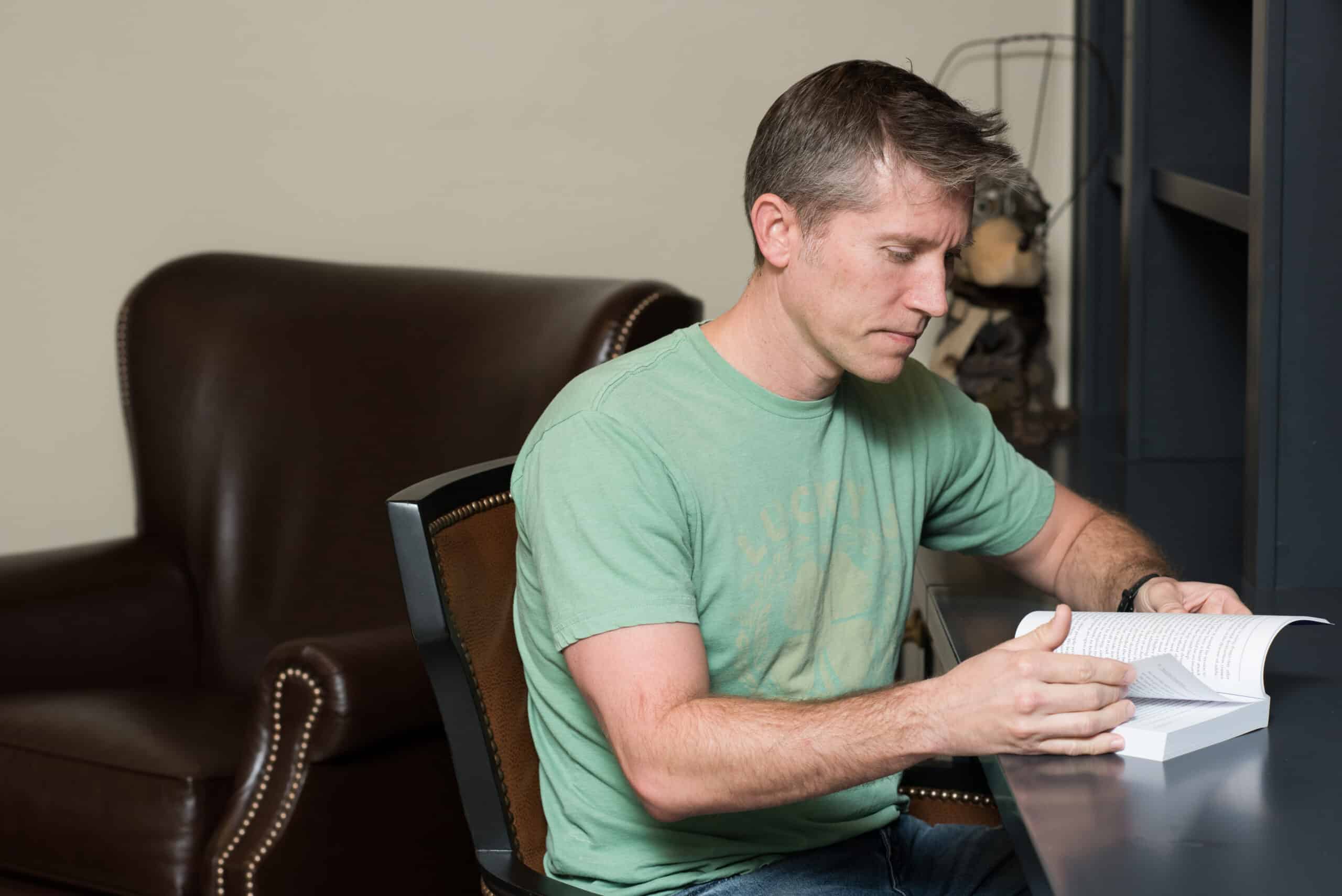Cognitive-behavioral therapy is a treatment modality used in recovery to analyze and adjust the thought patterns associated with behaviors that lead to relapse. Many people who struggle with addiction are aware that experiencing certain emotions makes people more vulnerable to relapse. However, our patients at Lakeview are often surprised to find that changing certain thought patterns—often unrelated to drug use—can help people stay on the road to recovery.
If you are interested in learning more about cognitive-behavioral therapy in the context of a substance use disorder treatment program, contact Lakeview Health by calling 904 531 3505 or by contacting our Florida drug treatment center online.
What is cognitive behavioral therapy (CBT)?
Does CBT work?
When one is battling an addiction, they develop behavior patterns that oftentimes they want to change, but are unable to without additional support. Substance abuse is not a choice once your body develops a dependence to substances. In many ways, earlier stages of self-medication is not a choice before dependence, either.
A cognitive-behavioral therapy program in Jacksonville, FL, helps patients understand where their harmful behaviors may have come from, and then change them. Through cognitive behavioral therapy, you learn how your thoughts and emotions work together. In learning this, you can understand the “why” behind certain unhealthy behavior patterns, and become more empowered to make lasting behavioral changes. You learn mental tactics to help stop the cycle of substance abuse before it starts again. In addition, you may experience a more positive view of yourself and the world around you, encouraging you to continue working towards a healthier life in recovery.
Cognitive-behavioral therapy works. Many studies prove it brings positive results in treating addiction, depression, anxiety, eating disorders, and other conditions.
Co-occurring disorders
When you enter rehab treatment for addiction with or without co-occurring mental health disorders, you could likely benefit from an array of addiction therapies to help you shape a new, healthier life. These therapies include multiple approaches, each offering unique benefits. Among the best therapies for behavioral problems and mental health disorders is cognitive-behavioral therapy (CBT). CBT offers the means to make real, lasting changes in how you view, feel about, and live your life.
What could provide greater hope as you emerge from active substance abuse than knowing therapy can help you create the future you want? CBT is a powerful means of changing your thoughts, emotions, and behaviors. You will learn more effective coping skills through this therapy and become the more stable person you aspire to be today
Cognitive-behavioral therapy for social anxiety
Whether you have a long history of social anxiety or have developed symptoms during the pandemic or other life experiences, participating in an anxiety treatment program can lead to feeling more comfortable during social interactions. If you or someone you love are living with social anxiety, you are not alone. Treatment can help you manage your anxiety symptoms so that you can be more comfortable in social situations.
What happens during social anxiety treatment?
In an anxiety treatment program, you will learn the skills you need to manage your anxiety symptoms so that you can stay comfortable in social situations. For many people, this involves a combination of medication, education, and talk therapy. In addition, cognitive-behavioral therapy is often used to treat anxiety and can be very effective when used in both individual and group settings. Some therapists also use exposure therapy to treat social anxiety. This approach allows people to practice social interactions in a safe setting with guidance from the therapist.
Spending so much time without seeing other people or even holding simple conversations can cause people to develop social anxiety as life returns to its normal rhythm.

Cognitive-behavioral therapy (CBT) is an intensive treatment method designed to help people change disruptive thoughts, behaviors, and feelings to better navigate the challenges that life presents. A CBT therapist at Lakeview Health will be able to assist in helping people target reactions to specific situations in order to promote healthy coping mechanisms and adaptability.
The following constructs often contribute to people’s risk of developing substance use disorder. Through cognitive-behavioral therapy, we help reconstruct the thought patterns associated with the following concepts:
An overarching benefit that cognitive-behavioral therapy brings to the treatment of substance use disorder is its emphasis on long-term recovery. Developing a new set of attitudes starts when people are able to dismantle their preconceived beliefs about drug use and the situations that lead to it. We recommend that patients complete an inpatient detox program before they start a CBT program. If you have a loved one with substance use disorder, think about the arguments they come up with when confronted about aspects of their drug use. Cognitive-behavioral therapy will help dismantle those arguments to make room for healing.
It is common for those in recovery from a substance use disorder to occasionally experience cravings, especially in early recovery. Instead of being powerless over these cravings, a good cognitive-behavioral therapy program will provide you with the tools to learn how to work through them. Although the concepts may appear simple, the ability to apply them as needed takes time.

Why do I have to quit drinking if I don’t even like alcohol?
Why can’t I quit the harmful stuff & stick with weed?
Many people in early recovery may make the mistake of thinking they can cut out “stronger” drugs that contributed to their substance use disorder, but continue using marijuana. Since weed is a psychoactive substance that impairs the thought and decision making processes, it isn’t worth the risk. Examining past experiences during cognitive-behavioral therapy sessions will help people reconstruct their thinking around the use of any kind of party drugs.
"*" indicates required fields